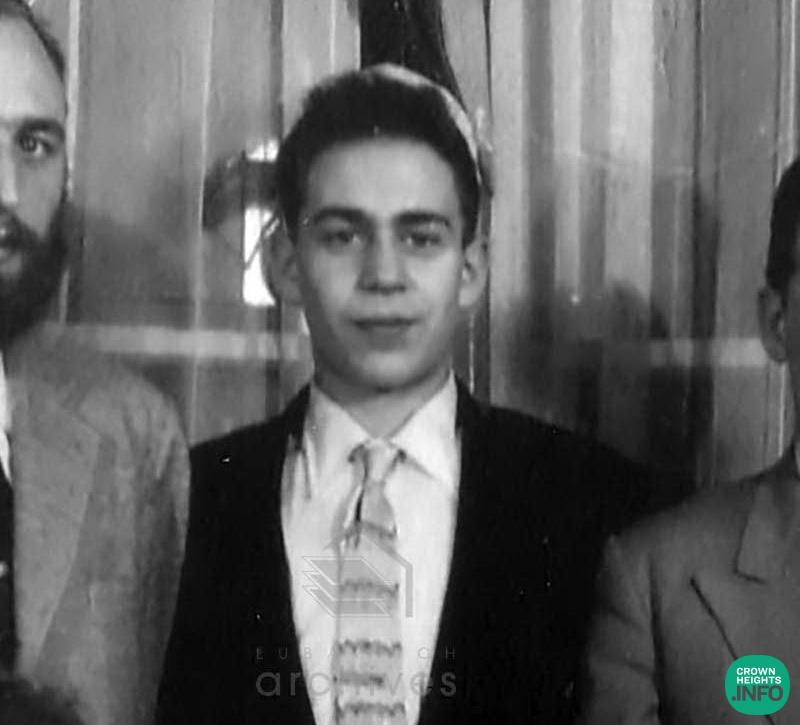
The Joy of Return
by Dovid Zaklikowski for Hasidic Archives
He had given the Rebbe a note with all his questions. The Rebbe answered each one, then looked straight into Rabbi Ezra Schochet’s eyes.
“Is there anything else you want to ask?”
Rabbi Schochet froze. He had racked his brain before this private audience to think of every possible question, and all of them had been written on the note.
“Is there anything else you want to ask?”
His mind was blank.
“I want to finish answering your questions,” the Rebbe said, “before we discuss the matters that I want to deal with. My matters.”
At that moment, Rabbi Schochet broke down. Tears streamed from his eyes as he pleaded, “Help me do teshuvah, Rebbe. Help me return to G-d.”
But the Rebbe replied, “It looks like you do not want to do teshuvah out of happiness,” and moved on to other matters.
Later, still unsettled, Rabbi Schochet wrote to the Rebbe asking what he had meant. After all, remorse was an essential part of teshuvah, and no one could call remorse a joyful emotion. What is teshuvah out of joy?
The Rebbe responded that every mitzvah must be performed with joy. “Teshuvah is a mitzvah like any other and therefore demands joy.”
More than that, the greater the mitzvah, the greater the joy it requires. And teshuvah, which has the power to correct past misdeeds, is the greatest of all mitzvahs.
Teshuvah’s power is clear, the Rebbe wrote, when one considers that a single impulse, a single utterance—“G-d, I want to do what You want me to do”—can lift a person from wickedness to righteousness.
A mitzvah that can transform a person in an instant is unlike any other, the Rebbe concluded, “so [its] joy must be incomparable to the joy of other mitzvahs.”
Find Hasidic Archives latest books on HasidicArchives.com















Talis Manic
Who are the people in the picture and why is it chopped off?
Schochet
Center is Rabbi Ezra Schochet as a teenager. It is taken from a family picture. To the left is Rabbi Dovid Schochet, A”H. The right is another Schochet brother.